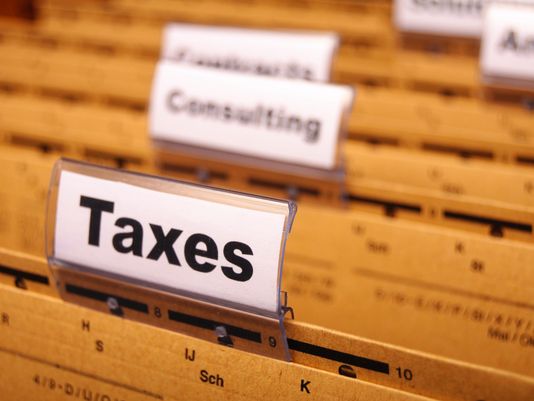Sales tax is a necessary evil in practically every state in the union (all except for Alaska, Delaware, Montana, New Hampshire and Oregon). It is especially problematic for retail clients who are responsible for collecting and remitting these taxes to state taxing authorities. Your clients must keep adequate books and records relating to sales tax, including meeting requirements for point-of-sale (POS) systems.
A POS is like a modern, computerized version of a cash register. It records the items sold, the quantities and the costs of those items. Then it spits out the total amount that is due – including the sales tax – and any change to be returned to the customer.
Clients who don’t adhere to state record keeping requirements run the risk of being penalized by auditors. The exact rules and penalties vary from state to state, but it is definitely in your clients’ best interests to stick to the letter of the law. Generally, a sales tax return must reflect total sales; taxable sales; purchases by the business for which no sales tax was paid; credits; sales and use taxes for each locality; and any other taxes due.
With that in mind, you should pass along the following basic recommendations to your retail clients. Advise them to keep:
Sales records
- A journal of non-cash transactions affecting accounts payable;
- A journal on cash transactions, including any check transactions;
- Sales slips, invoices, receipts, cash register receipts and other comparable documents for original sales;
- Memorandum accounts, lists and other documents concerned inventories, fixed assets and prepaid items; and
- Ledger to which these journals and other records have been posted.
Note: If you don’t provide a customer with a written document, it’s critical to keep detailed records of all cash or cash-equivalent transactions in a daybook or journal. Your CPA can provide assistance.
Purchase records
- Documentation of purchases subject to state and local taxes;
- Documentation of purchases for resale, such as inventory and raw materials;
- List of purchases exempt from state and local taxes;
- Documents substantiating expenses and cost of goods sold;
- Records reflecting the business purposes of purchases; and
- Proof that sales and use taxes have been paid.
POS sales and purchase records
- Individual items sold or purchased;
- Date of sales or purchase;
- Sales or purchase prices;
- Sales tax due;
- Vendor names;
- Invoice numbers and amounts;
- POS identification numbers or purchase orders; and
- Methods of payment.
Electronic records should be able to facilitate direct reconciliation of receipts, invoices and other documents within your books and records, as well as on your returns. If this isn’t possible, records may be deemed in adequate and, during an audit, alternative methods (e.g., a sampling) should be investigated.
What happens if your records aren’t up to snuff? The risks are severe. Additional taxes may be assessed in an audit, plus your business is subject to penalties and interest. It’s possible that your sales tax Certificate of Authority could be suspended. In the worst-case scenario, criminal sanctions might even be imposed for failing to maintain adequate records.
How long do you have to keep records? The usual requirement is three years from the later of the due date of the return or the date the return is actually filed. Records must be made available to state taxing authorities upon request. Practical advice: Rely on your CPA to help put your house in order if your business incurs the state’s wrath.
Thanks for reading CPA Practice Advisor!
Subscribe Already registered? Log In
Need more information? Read the FAQs
Tags: Accounting, Sales Tax





